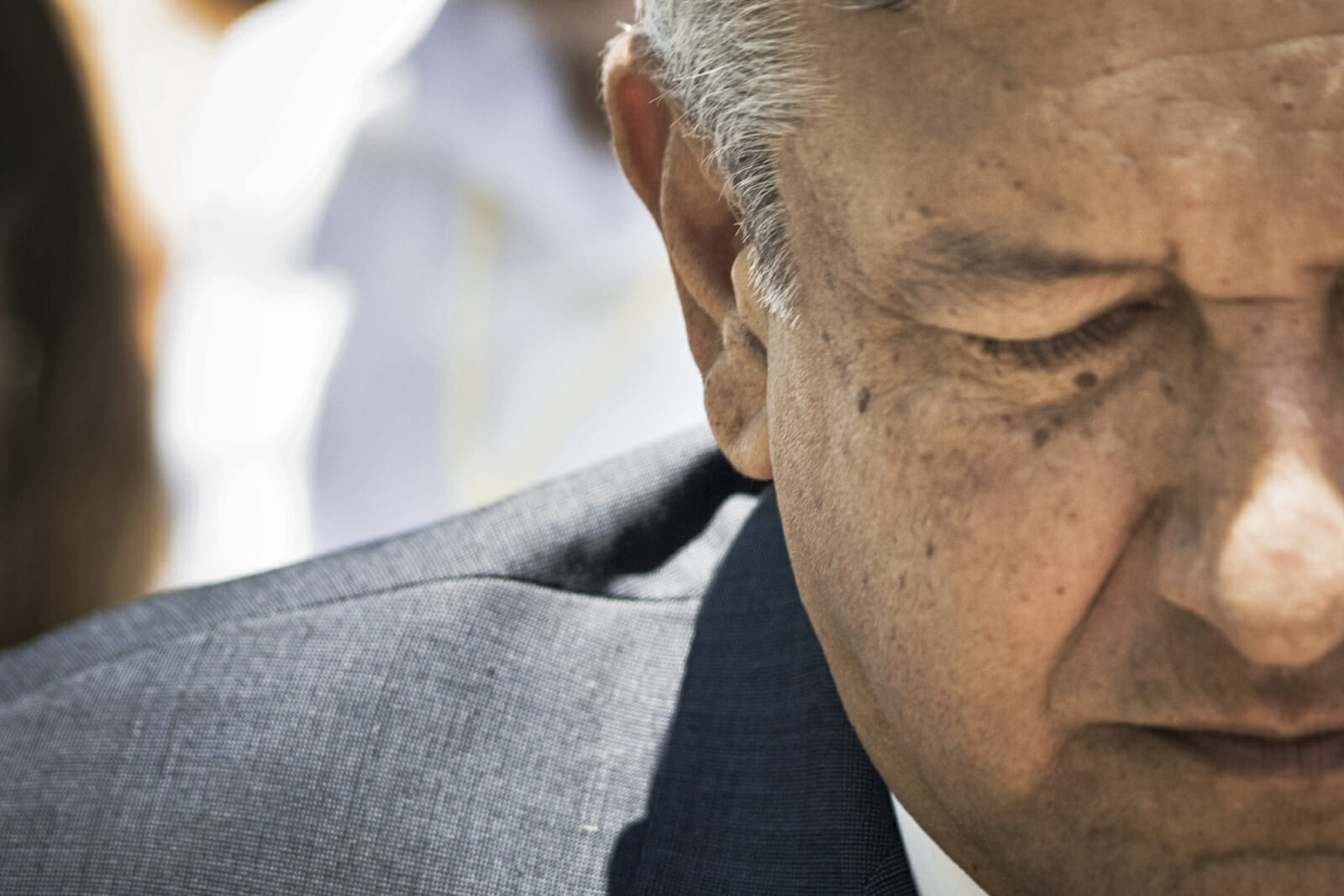
A Fresh Dose of Pragmatism in Mexican Politics
Former Mexico City Mayor Andrés Manuel López Obrador (AMLO) hates to lose. Narrowly defeated in Mexico’s 2006 presidential election, AMLO refused to recognize the results. He demanded a recount, declared himself the winner and occupied Mexico’s City’s central square (the Zócalo) and other streets for several months.
While such actions did little to curry favor with the incoming National Action Party (PAN) administration, his protests did enjoy widespread support from Democratic Revolutionary Party (PRD) supporters. Running for president again this year, AMLO changed his tone and ran a more moderate campaign. He even apologized for his “disruptive” protests in 2006 and promised to respect the results this year.
Still a committed leftist, AMLO spoke about job creation, fighting corruption and widening economic opportunities for young people. He was a less polarizing candidate this time around.
Nonetheless, he came up short a second time and again cited extensive fraud. It’s possible that AMLO’s claims this time are a political survival tactic. Kevin Middlebrook recently mentioned that “there is, however, a strong political logic behind claiming that he was once again the victim of fraud: as a two-time losing candidate, he might well be forced to the partisan sidelines, but as a political victim, he can still lay claim to the PRD’s leadership.”
What’s more, AMLO has (strangely) only decided to contest the results of the presidential vote–even though the congressional vote (where his PRD did quite well) was held on the same day under the same circumstances as the presidential vote. On the other hand, AMLO has wisely shied away from fomenting unrelenting protests like those he led in 2006. Mexico’s Federal Electoral tribunal is supposed to make election results official by September 6, 2012. In spite of the 638-page report (about electoral fraud) that AMLO has filed, he will not ascend to the presidency this time.
Twelve years after the country’s initial flirtation with democracy, many Mexican institutions remain fragile. The electorate had grown tired of Felipe Calderón’s feckless governance and misguided strategy to take on the country’s drug cartels. So the Institutional Revolutionary Party’s (PRI) Enrique Peña Nieto will be Mexico’s next president. Though AMLO himself has yet to come around, it appears that PRD supporters have lost their enthusiasm to challenge the July 1st outcome. Why?
Fatigue and frustration may have set in, but there may be something more to the PRD’s waning interest in taking claims of electoral fraud further: realism. Adam Thompson of the Financial Times recently noted that “many PRD members have learned a difficult lesson. Six years ago, their support for Mr. López Obrador’s protest sidelined them from decision-making in Congress and cost them public support.”
Whether the revival of the PRI augurs a return to Mexico’s autocratic past remains to be seen. Reforming the country’s tax regime and energy sector will not be easy and Mexico’s counternarcotics strategy needs to be revised urgently. However, if Peña Nieto shirks his leadership responsibilities, his party will invariably pay at the polls the next time around. That’s how democracy works. And, if for no other reason, that’s why it is so encouraging to see the PRD rank and file realize that mistakes they make now may come back to haunt them in the future. In short, a fresh dose of pragmatism has been injected into Mexican politics. The sooner AMLO himself figures that out, the better off he, the PRD, and (most importantly) the Mexican people will be.

